An inexpensive assay based on the technique can provide yes or no answers in under an hour—perhaps even in the home soon.



Now, scientists at Washington University in St. Louis have developed a way to use gene editing system CRISPR-Cas9 to edit a mutation in human-induced pluripotent stem cells (iPSCs) and then turn them into beta cells. When transplanted into mice, the cells reversed preexisting diabetes in a lasting way, according to results published in the journal Science Translational Medicine.
While the researchers used cells from patients with Wolfram syndrome—a rare childhood diabetes caused by mutations in the WFS1 gene—they argue that the combination of a gene therapy with stem cells could potentially treat other forms of diabetes as well.
Virtual Event
Engineering researchers developed a next-generation miniature lab device that uses magnetic nano-beads to isolate minute bacterial particles that cause diseases. Using this new technology improves how clinicians isolate drug-resistant strains of bacterial infections and difficult-to-detect micro-particles such as those making up Ebola and coronaviruses.
Ke Du and Blanca Lapizco-Encinas, both faculty-researchers in Rochester Institute of Technology’s Kate Gleason College of Engineering, worked with an international team to collaborate on the design of the new system — a microfluidic device, essentially a lab-on-a-chip.
Drug-resistant bacterial infections are causing hundreds of thousands of deaths around the world every year, and this number is continuously increasing. Based on a report from the United Nations, the deaths caused by antibiotics resistance could reach to 10 million annually by 2050, Du explained.
Shahrad Daraeikia, Jack Wang, and Dr. Jean-Philippe Buerckert sit down together with Harry Glorikian at MoneyBall Medicine to talk about our ultra rapid antibody discovery race to a cure for COVID19.
Episode Summary
Distributed Bio aims to use its computational antibody engineering platform to identify antibodies that protect against SARS and optimize them to block the SARS-CoV2 coronavirus. This week Harry gets a progress update from three key Distributed Bioscientists.
We also have an unedited video of the episode below.
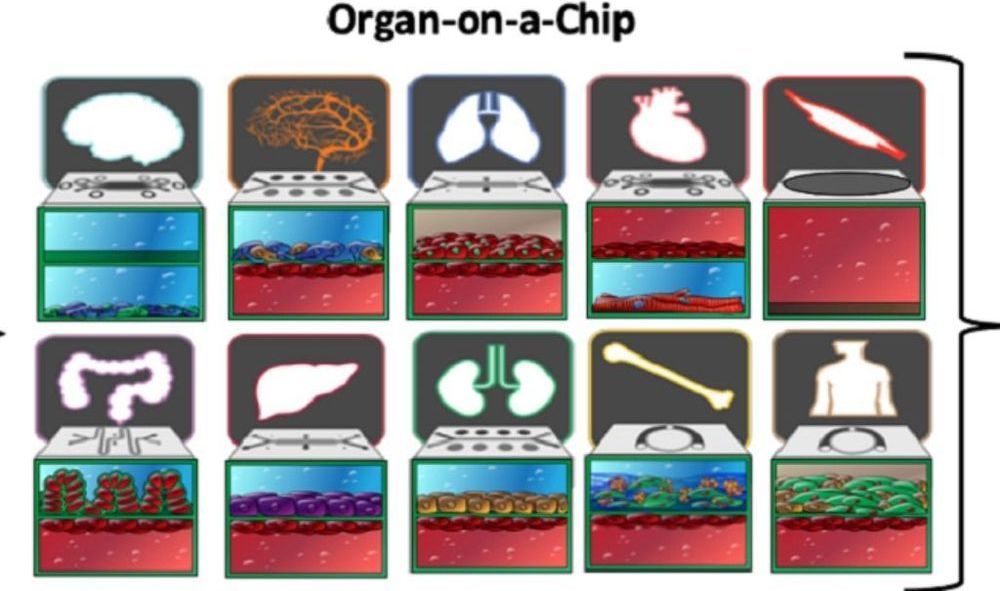
Two new studies by researchers in Tel Aviv University and Harvard University on the subject were published in the journal Nature Biomedical Engineering on Monday.
Organs-on-a-chip were first developed in 2010 at Harvard University. Then, scientists took cells from a specific human organ — heart, brain, kidney and lung — and used tissue engineering techniques to put them in a plastic cartridge, or the so called chip. Despite the use of the term chip, which often refers to microchips, no computer parts are involved here.
Get The Start-Up Israel’s Daily Start-Up by email and never miss our top stories Free Sign Up.
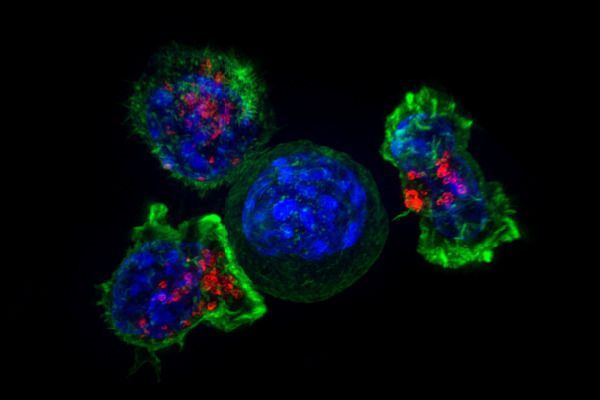
UC San Francisco researchers have discovered how a mutation in a gene regulator called the TERT promoter—the third most common mutation among all human cancers and the most common mutation in the deadly brain cancer glioblastoma—confers “immortality” on tumor cells, enabling the unchecked cell division that powers their aggressive growth.
The research, published September 10, 2018 in Cancer Cell, found that patient-derived glioblastoma cells with TERT promoter mutations depend on a particular form of a protein called GABP for their survival. GABP is critical to the workings of most cells, but the researchers discovered that the specific component of this protein that activates mutated TERT promoters, a subunit called GABP-ß1L, appears to be dispensable in normal cells: Eliminating this subunit using CRISPR-based gene editing dramatically slowed the growth of the human cancer cells in lab dishes and when they were transplanted into mice, but removing GABP-ß1L from healthy cells had no discernable effect.
“These findings suggest that the ß1L subunit is a promising new drug target for aggressive glioblastoma and potentially the many other cancers with TERT promoter mutations,” said study senior author Joseph Costello, Ph.D., a leading UCSF neuro-oncology researcher.
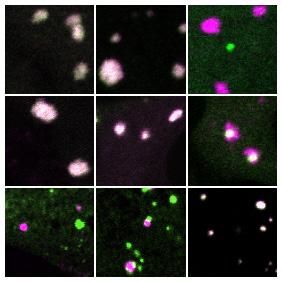
Networks are at the heart of everything from communications systems to pandemics. Now researchers have found that a unique type of network also underlies the structures of critical cellular compartments known as membraneless organelles. These findings may provide key insights into the role of these structures in both disease and cellular operations.
“Prior to this study, we knew the basic physical principle by which these protein-rich compartments form — they condense from the cytoplasm into liquid droplets like dew on a blade of grass,” said David Sanders, a post-doctoral researcher in Chemical and Biological Engineering at Princeton University. “But unlike dew drops, which are composed of a single component (water), cellular droplets are intimidatingly complex. Our work uncovers surprisingly simple principles that we think are universal to the assembly of liquid organelles, and opens new frontiers into studying their role in health and disease.”
Sanders is the lead author in an article in the journal Cell describing a blueprint for the assembly of these liquid structures, also called condensates. The researchers looked closely at two types of condensates, stress granules and processing bodies (“P-bodies”). In the Cell paper, researchers directed by Clifford Brangwynne, a professor of Chemical and Biological Engineering at Princeton and the Howard Hughes Medical Institute, combined genetic engineering and live cell microscopy approaches to reveal the rules underlying the assembly and structure of stress granules, and why they remain distinct from their close relatives, P-bodies.
A desirable option would be to use CRISPR gene editing to essentially cut out the unwanted gene. There are, however, many challenges ahead.
If you want to remove an undesirable gene from a population, you have a couple theoretical options — one that most people might find unthinkable, and one that lies outside our current scientific abilities.
The first involves locating a group of people without a particular gene and designing breeding programs around them. It would mean mating people in ways that society would consider incestuous. And we’ve seen the difficulties that result from that in the past — marriages between close relatives were a notorious cause of hemophilia in European royal families, for example.
A much more desirable option would be to use CRISPR gene editing to essentially cut out the unwanted gene. There are, however, many challenges ahead for such a strategy. Chief among them is the need to find mutations that, by themselves, are linked to particular diseases or disorders. And then we need guarantees that CRISPR will edit the correct genes.
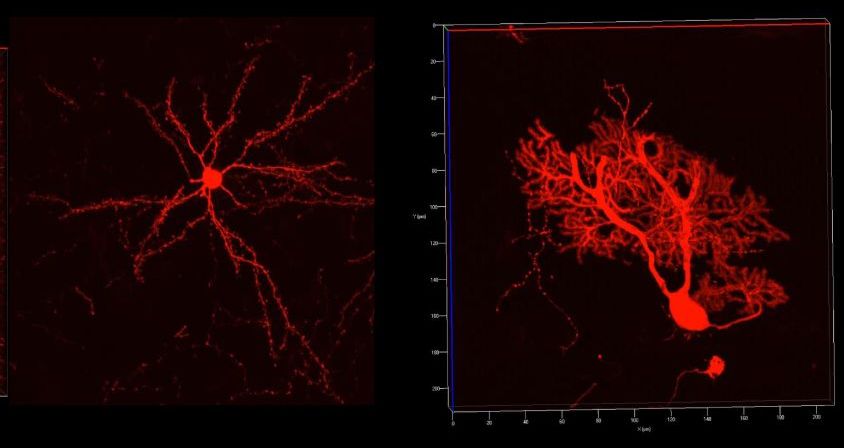
Researchers have used the gene-editing technique CRISPR to delete a segment of DNA associated with autism and schizophrenia from mouse brain cells.
The technique has only proven effective in mice so far but may eventually be suitable for treating brain conditions in people, says Xiao-hong Lu, assistant professor of pharmacology and neuroscience at Louisiana State University Health in Shreveport.
Unlike techniques used to manipulate DNA in the mouse brain, CRISPR can be applied to people. He says, “We need a tool to help us to carry the genetic elements into the [human] brain.”
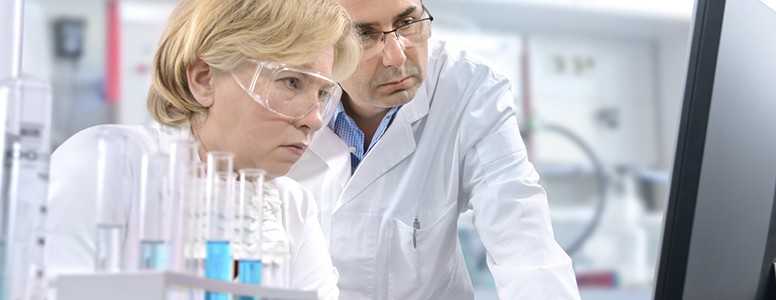
Circa 2017
Insulin-producing cells have been restored in mouse models of type 1 diabetes using a new genetic engineering technique.
American scientists adapted the gene editing technology known as CRISPR (clustered, regularly interspaced, short palindromic repeat) to successfully treat mouse models of type 1 diabetes, kidney disease and muscular dystrophy.
CRISPR enables scientists to edit the genetic material of an organism allowing for DNA sequences to be easily altered and gene function to be modified.